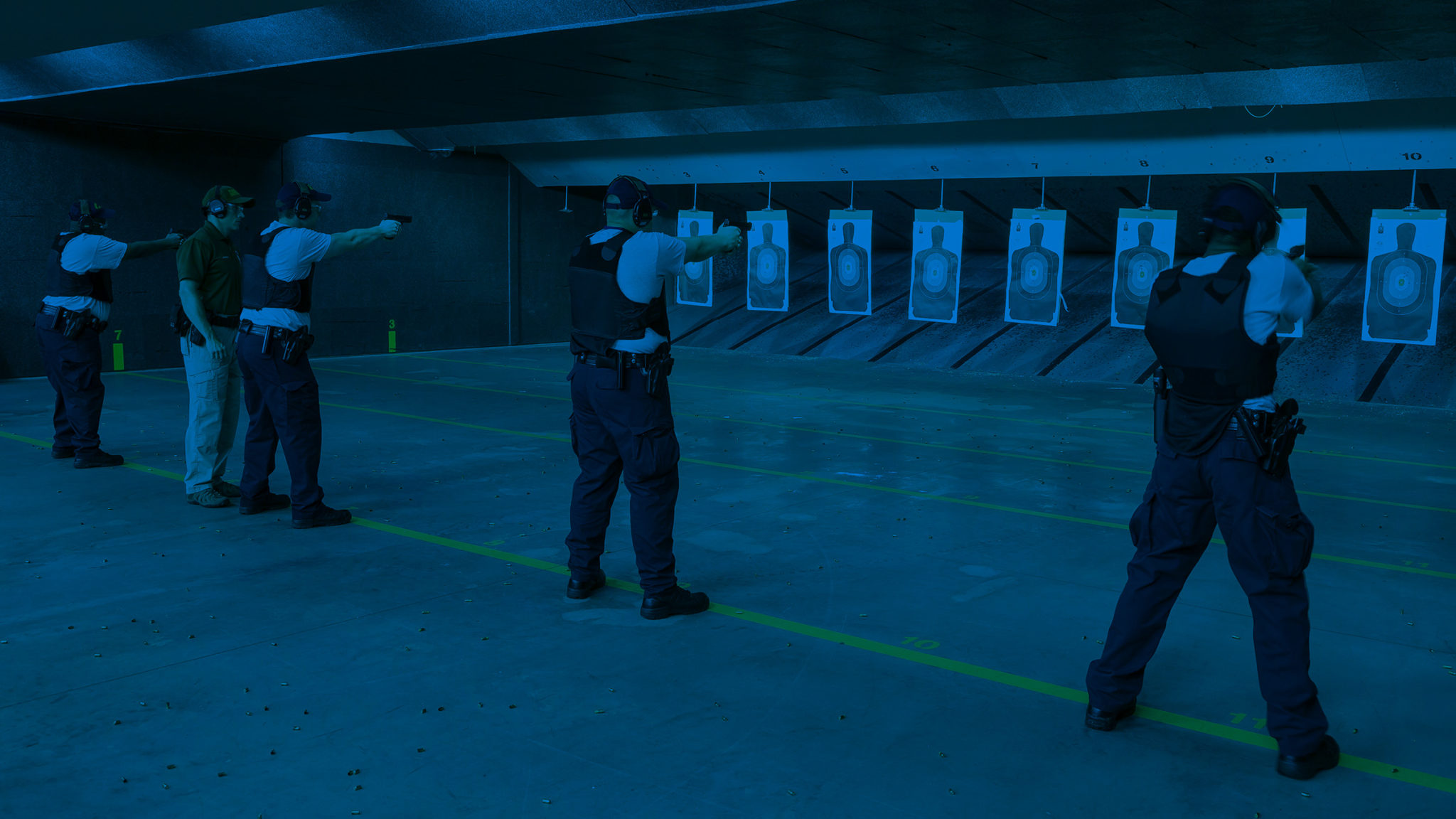
Security guards play a vital role in maintaining safety and order in various settings, including shopping malls, corporate offices, and public events. To ensure that security professionals are well-equipped to handle potential threats and emergencies, specialized training is essential. This article delves into the significance of Security Guard Training Course and the skills they impart to aspiring security professionals.
Why Security Guard Training Is Essential
In today’s world, security concerns are more prevalent than ever before. From preventing theft and vandalism to responding to emergencies, security guards must be prepared for a wide array of situations. A comprehensive training program equips security personnel with the necessary knowledge, practical skills, and legal understanding to handle these duties effectively.
Understanding the Responsibilities of a Security Guard
A security guard’s responsibilities vary depending on the location they are assigned to. These responsibilities may include monitoring surveillance systems, patrolling premises, responding to alarms, and handling incidents such as trespassing or theft. Training helps guards understand their roles and how to approach each situation with professionalism and efficiency.
However, beyond the routine duties, security guards must also be adept at crisis management, dealing with potentially dangerous or violent situations, and ensuring the safety of individuals under their protection. This makes specialized training indispensable.
Key Areas Covered in a Security Guard Training Course
Security guard training courses typically cover a broad range of topics, ensuring that guards are well-prepared for any scenario they may encounter. Some of the primary components of these training programs include:
1. Legal and Ethical Responsibilities
Security guards must understand the legal limits of their authority. The training ensures that they are aware of the laws regarding the use of force, detention of suspects, and the rights of individuals. Guards are also trained on ethical considerations, helping them make the right decisions while on duty, avoiding unnecessary confrontations or violations of rights.
2. Surveillance and Monitoring Techniques
Effective surveillance is one of the cornerstones of security work. Training courses teach security personnel how to use cameras, alarms, and other security equipment to monitor the premises. Guards are also taught to spot suspicious activities and respond promptly to potential threats.
3. Emergency Response and First Aid
In cases of fire, medical emergencies, or other crises, security guards are often the first responders. A solid training program includes first aid and CPR certification, teaching guards how to handle medical situations until professional help arrives. Additionally, emergency response protocols for fires, evacuations, and natural disasters are covered in the course.
4. Conflict Resolution and Communication Skills
Security guards often have to manage situations involving aggressive individuals or conflicts. The ability to communicate effectively and de-escalate tense situations is essential. Training courses provide guards with techniques for conflict resolution, helping them maintain calm and control in high-stress environments.
5. Patrolling Procedures
Routine patrols are critical for the prevention of crimes such as theft, vandalism, and break-ins. Guards are trained on how to conduct systematic patrols, including on foot, vehicle, or using other surveillance methods. These patrols help maintain a visible security presence, which can deter criminal activity.
6. Crowd Control Techniques
At large public events or gatherings, security guards may be required to manage crowds. Training in crowd control teaches guards how to maintain order in a crowd, prevent panic, and ensure that the event runs smoothly without any safety incidents.
Benefits of Completing a Security Guard Training Course
A security guard training course offers a multitude of benefits for both the security professional and the employer. Some of the key advantages include:
1. Enhanced Job Opportunities
Completing a security guard training program significantly boosts an individual’s job prospects. Many employers require security guards to have formal training before hiring, and having certification demonstrates professionalism and competency.
2. Improved Job Performance
Guards who undergo thorough training are more confident and efficient in carrying out their duties. They are equipped with the skills necessary to deal with various scenarios, from theft prevention to emergency responses, making them more effective at their jobs.
3. Increased Safety for the Public
Trained security guards contribute to the overall safety of a community or facility. Their ability to identify and respond to security threats helps reduce risks for individuals, businesses, and organizations.
Conclusion
A well-structured security guard training course is crucial in preparing security personnel for the challenges they will face in the field. From legal knowledge to emergency response, the training provides essential skills that enhance both the safety of individuals and the effectiveness of security operations. Aspiring security professionals should take advantage of these courses to ensure that they are fully equipped to protect and serve the public.

